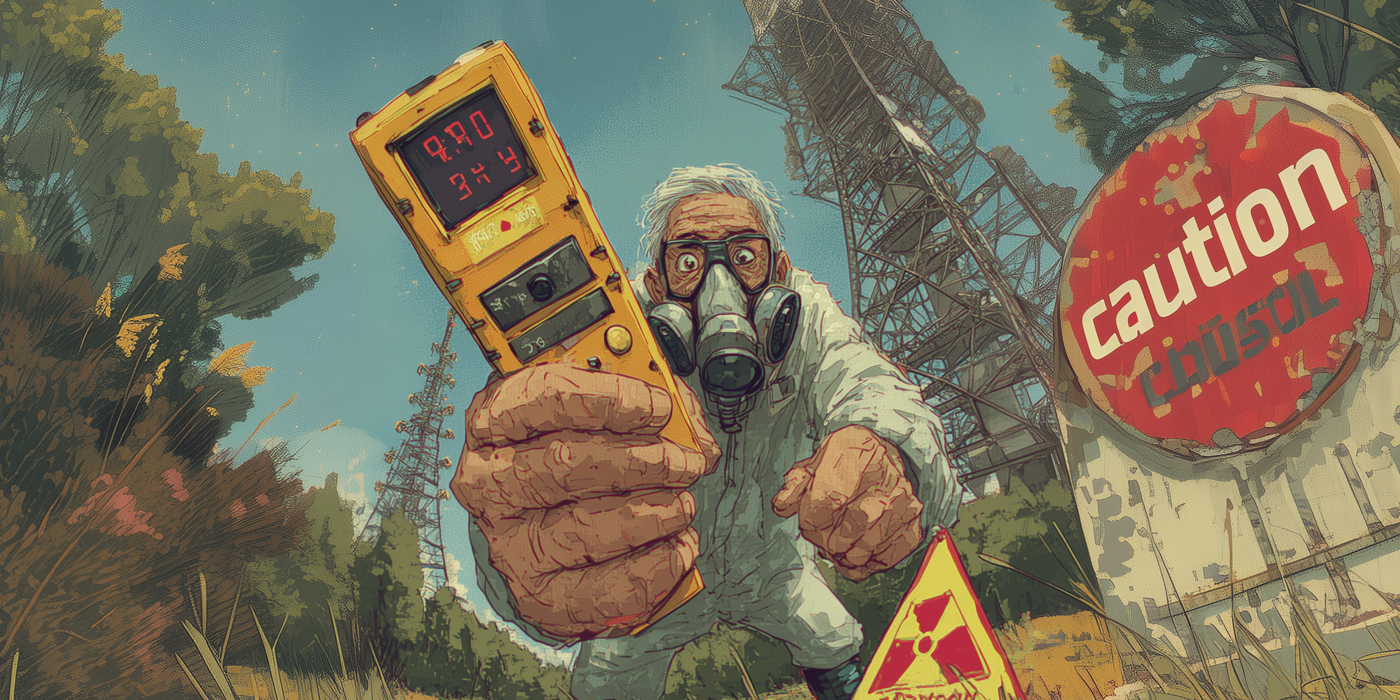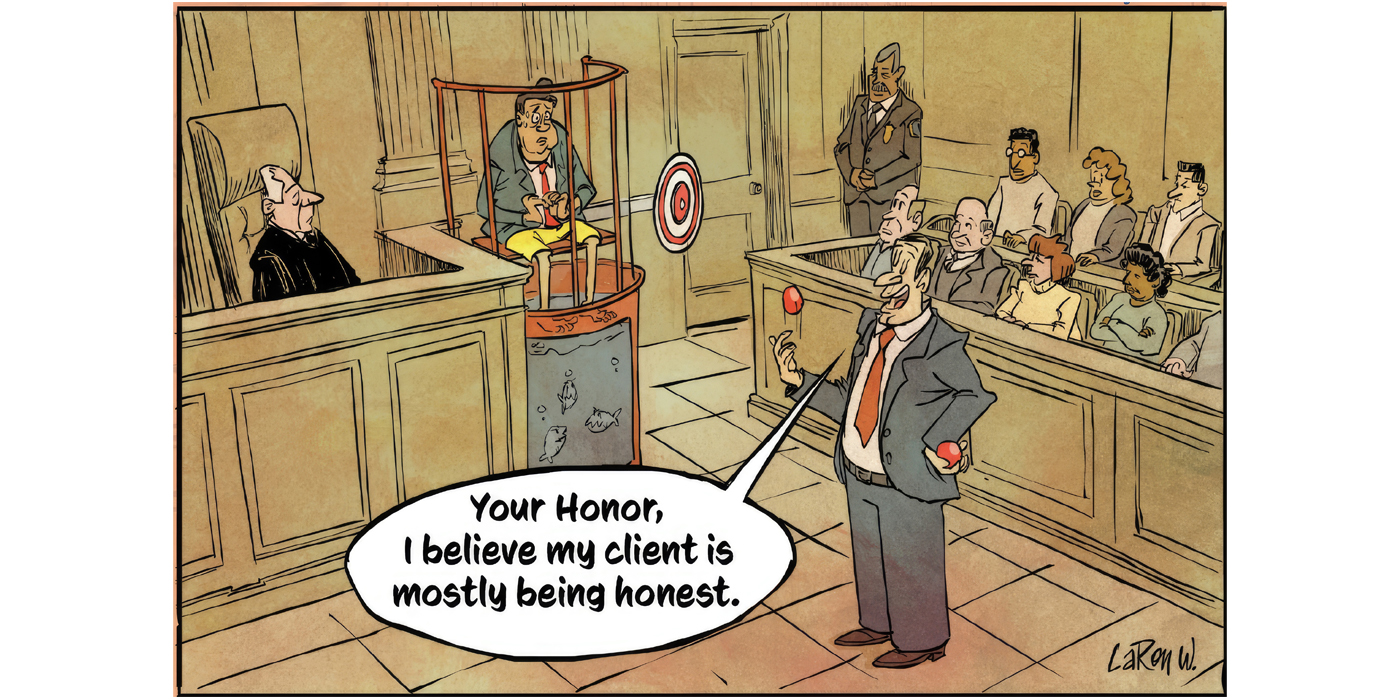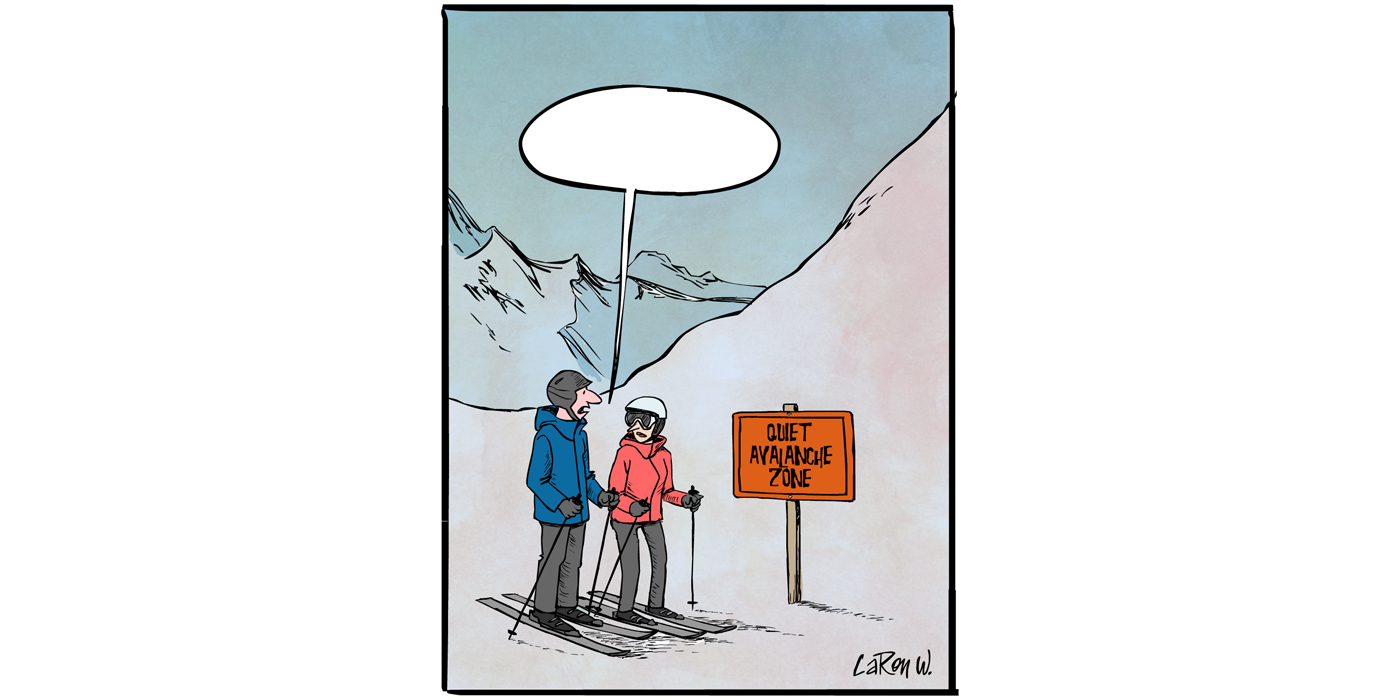
My job is to take care of a large property with an orchard, a garden, and a house. A few weeks ago, I found myself in a completely new situation I have never been in before. People with whom I live and work went on their summer vacation for two months. I have been left alone, since then I hardly meet anyone in person. The crucial issue is that I have full access to the internet. I can watch what I want and no one would know. For a sex addict like me who in his SA career had many relapses, it would be a perfect situation to lose himself in the addiction completely. However, thanks to God it's already been six weeks living alone and I am still sober. The day I'm writing down this article is six months of my sobriety. After sharing about my situation at the SA zoom meeting, one friend of mine asked me to write down what really helps me to survive. So, I gathered the tools together in six points.
1. Make a reasonable schedule for the day and stick to it as much as possible. What time to wake up, when to have breakfast, lunch and dinner, time for work, rest, prayer, SA Program, SA meetings.
2. In the evenings, make a plan of what you want to do the next day at work and how you want to spend your free time. Remember that laziness is an enemy of sobriety and a weapon of lust as are empty spaces of your time.
3. Be aware that something unexpected may happen. In my case it was a bill for electricity. I had to pay the very next day after receiving it. Here where I live it meant driving downtown to an appropriate office and losing 2 hours. Do not worry if you will have to change your plans. Schedule is for you, not you for the schedule. Try to be flexible.
4. Planning free time. Forget about laptop, cell phone and other internet devices as a source of entertainment. The Internet is only for work and the SA Program. For me the beginning wasn't easy – the pattern of acting out has been burned deep into my mind. Eventually, after a few days I got used to it. Covering my laptop with a tablecloth helps me a lot (you don't miss what you don't see). Try to find some other form of activity or hobby.
5. Prayer. Oh man, it was the toughest task to stick to the plans. I had excuses that I have something more important to do right now, or that I am tired or hungry. But always after 10 – 15 minutes of silent meditation or some spiritual reading from my tradition of belief I was thankful to God that I did it. The fruits were peace and serenity.
6. Being in real contact with fellows from SA via Zoom meetings.
Being visible for others helps me to concentrate on the meeting and be active. Never treat a Zoom meeting like a radio station playing somewhere on a table while you do something different. SA meetings are not only for listening or talking but are also about emotions.
Every single day I reach out to approximately 15 fellows. When you use WhatsApp it's really easy and simple. In the morning while having breakfast I create a text note to one fellow - kind of surrendering how I feel, what's going on currently in my life etc. and copy this message to more fellows. As a day passes by, I receive feedback. Some recipients don't respond at all, some send only simple short notes like 'thanks' but some folks pay me back by sending what they are surrendering. Sometimes we text each other for a while, sometimes call and talk. On my contact list I have about 100 phone numbers and remember to reach out to every one of them once a week or at least every two weeks. A Chinese proverb says - If you don't use the path leading to your friend's house, it gets covered by grass and disappears.
My conclusion. These tools work. Really. I have experienced it in my life. There is only one condition – HONESTY. As it is written in the Big Book of AA - Rarely have we seen a person fail who has thoroughly followed our path. Those who do not recover are people who cannot or will not completely give themselves to this simple program, usually men and women who are constitutionally incapable of being honest with themselves. (Page 58).
To stay sober and recover, I must be absolutely honest with myself and my sponsor. In the 12 Steps Program, Higher Power works through other fellows, so if I am honest with my sponsor, I am honest with my God. Without honesty I can use all the tools mentioned above and still relapse. The secrets I keep in my mind don't have to be serious. It may be a simple thought, memory, temptation or trigger I experienced recently and hide deep inside me like a shameful treasure. It grows up like mold and consumes my desire to be sober. In my DSR is a phrase - I am aware that behind the tools of the Program there is God and it is God who keeps me sober, tools are only tools to help me to connect with my God. Dishonesty is the character defect which cuts the connection the most.
Jack B., Davao City, The Philippines




